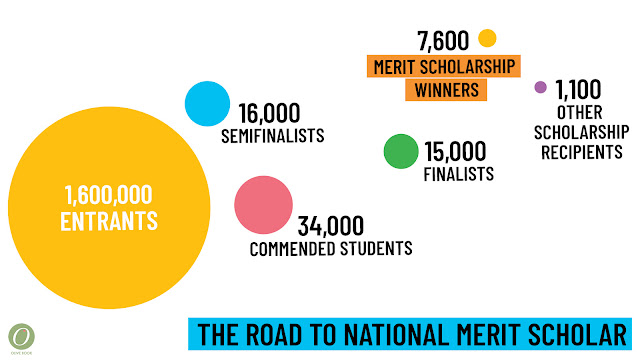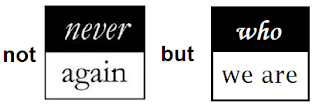National Merit Scholarship Semifinalists: Not Even One Student from Mason District Schools

In a recent newsletter, Mason District School Board Member Ricardy Anderson commented on the news of 214 high school students in Fairfax County Public Schools (FCPS) being recognized as semifinalists for the National Merit Scholarship. Dr. Anderson wrote, "...I am concerned that none are from the comprehensive high schools in the Mason district. It’s imperative that staff identify the barriers that hinder performance and create a plan to promote more equitable representation from Falls Church, Justice and Annandale High Schools." Before questions regarding equity can be raised, it is useful to look at what is required to be recognized as a semifinalist in the National Merit Scholarship. The requirement is straightforward, to score in the top one percent on a test called PSAT. PSAT is a standardized test on reading, writing and language, and math. To become a semifinalist, one therefore has to be good at taking standardized tests. It is not a test for aptitude, intelligence or...

